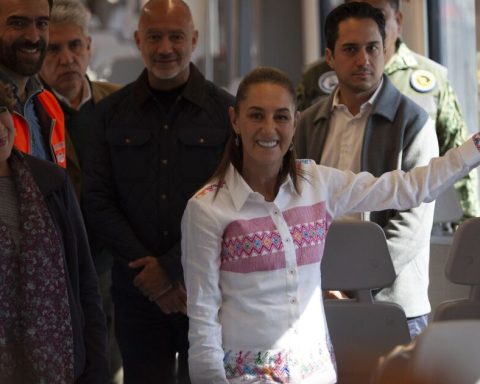It arrived in 2020 with the promise of revolutionizing banking in Mexico, but after two years of operation, the financial services technology firm bnextof Spanish origin, decided to pause his adventure in the country after regulatory complications.
Since last July 24, all the accounts that were opened through this platform were disabled, according to information compiled by this means, in addition to the fact that its directors have confirmed the pause of the company in the country after two years of operation and attention to 230,000 users.
“In recent months, as we have informed you, there have been changes, and that is why the decision has been made to pause Bnext’s adventure in Mexico and explore new horizons,” Sandra Cervantes, manager, explained in an Internet forum. Customer Experience of the Spanish firm in Mexico.
What happened?
Bnext offered a financial application for asset management and a physical debit card. However, for its operation, the firm hung on the infrastructure of another company named Cacao Paycard, which claimed to be an Institution of Electronic Payment Funds (IFPE) authorized to operate under the terms of the Law to Regulate Technology Institutions. Finance, also known as Fintech Law.
Like Bnext, Cacao Paycard offered its infrastructure service, known as Fintech as a Service, to other firms. The problem came when the National Baking and Stock Commission (CNBV) denied authorization to Cacao Paycard and this, by law, led to the closure of its active accounts, including those that were opened in the name of the companies with which it had an alliance.
Likewise, in 2021, the CNBV sanctioned Bnext for 2.6 million pesos for violating the Fintech Law, in the sense of having spread false or misleading information through its website to carry out operations to which the regulations refer.
In Spain, Bnext has been operating as a neobank since 2016, in addition to offering a financial services marketplace. In its operations in Spanish territory, the firm has served 400,000 clients and has positioned itself as one of the fastest growing technology companies focused on financial services.
When it arrived in Mexico, the first country where it landed outside of Spain, the firm’s intention was to replicate its model in order to target other Latin American countries such as Colombia, Peru, Ecuador and the Dominican Republic.
To date, the firm has raised capital of $47 million in 12 investment rounds, the last one being in May, where it raised $4.2 million from investors such as George Burke and Borderlesss Capital.
Are you a Bnext user?
All Bnext users in Mexico would have to have withdrawn or transferred their funds to other accounts before July 24, and as of that date all physical and virtual cards were inactive.
However, for those users who were unable to withdraw their funds on time, they have to start the process with the Cacao Paycard team, which they can contact by email. [email protected].
“They must send a copy of their RFC, their official identification and an account statement no older than three months, to which they require their funds to be transferred, with this Cacao Paycard will be in charge of returning your funds safely” wrote the Bnext directive.
A few weeks ago, the Oyster firm, which was also hanging on to the Cacao Paycard operation, also decided to change its business model and deactivate the resource management fund accounts, to focus on the payment infrastructure segment.
“We appreciate your trust and support throughout these years in Mexico,” concluded Cervantes.
















